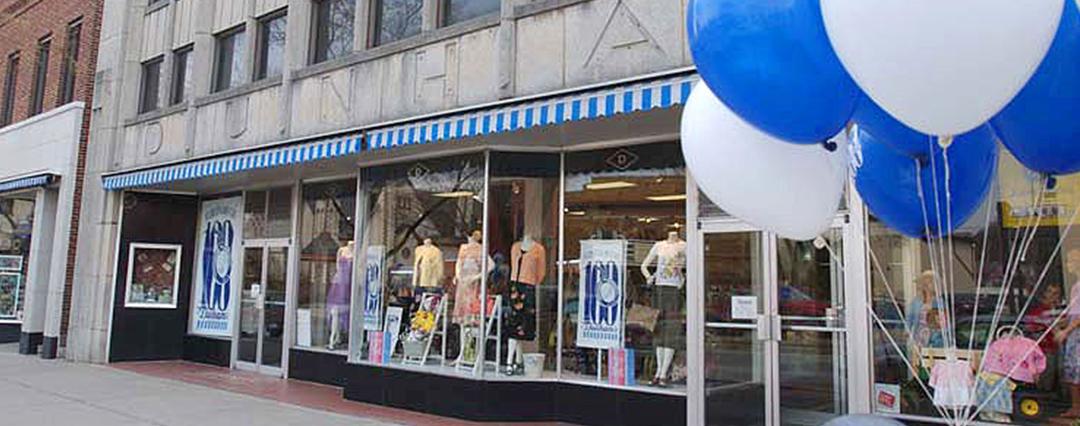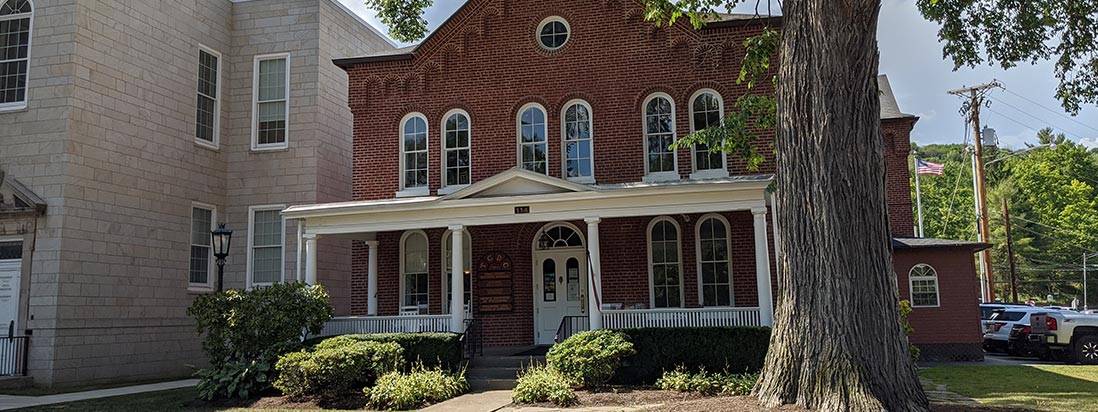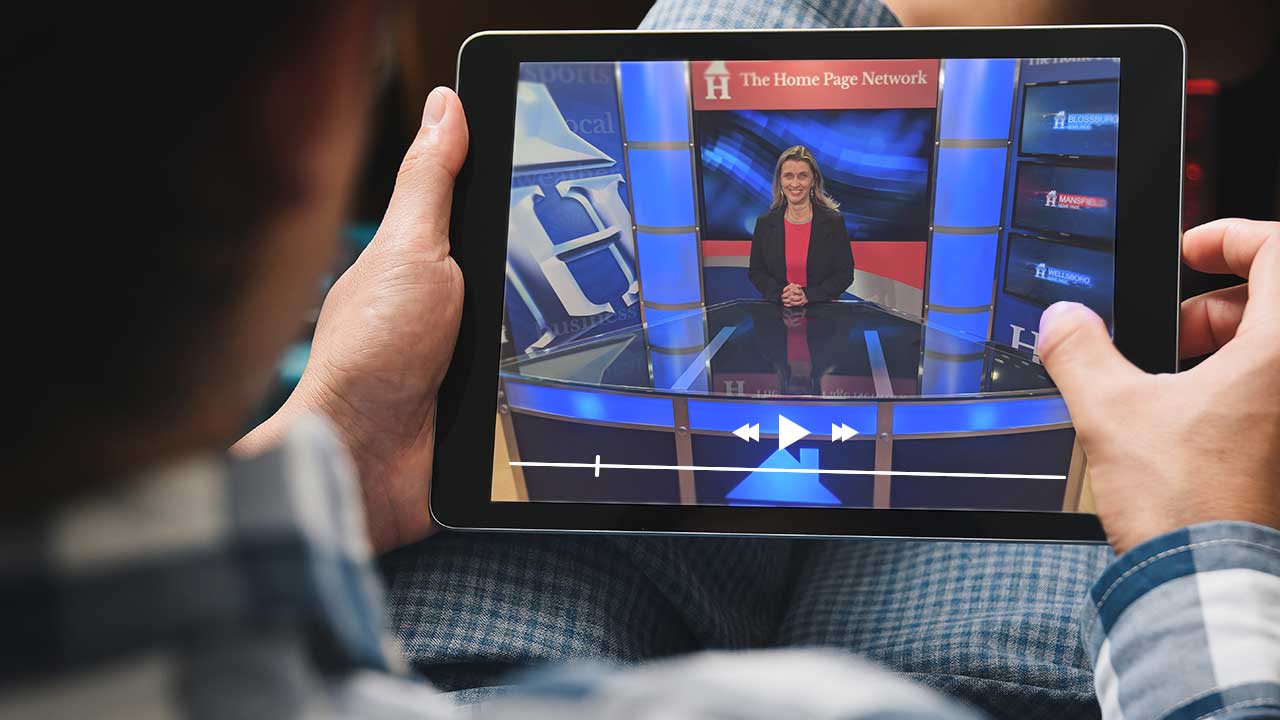Channels

Rotary

Rotary Conference

Laurel Health Centers

Penn Oak Realty

Movin Together

Bank On It

Dunhams Corner

By The Door

Questioning Life

Karschners Insurance

Ag Happenings

Back to Basics

Hornet Happenings

Live From The Hive

Momday Monday

Pennsylvania Politics

The Briefing

Weekly Highlights

Wellsboro Chamber

UPMC: Colonoscopy Can Save Your Life
More than 140,000 new cases of colon cancer are diagnosed each year, making it the third most common cancer and the second-leading cause of cancer death in the U.S. However, when caught early it is highly treatable. Screening saves lives as it helps catch cancer early and the gold standard for colon cancer screening is colonoscopy. Colonoscopy is typically covered by insurance, safe, and despite what you may have heard years ago, easy to prepare for.
The Truth About Colonoscopies
Some people express fear over the procedure, especially the preparation. However, there are newer medications that make the preparation process much easier. Preparation of the bowel is an extremely important part of the colonoscopy because it allows your physician to have a clearer view to identify flat or small polyps. This process begins the day before your exam and is designed to empty your colon completely. Many patients say this is the most challenging part of the entire test because it requires a day-long liquid diet and taking laxatives that cause diarrhea. As a result, planning to be close to a toilet during this stage is essential. The good news? The prep is worth the result, and recent improvements have made the prep easier with newer better-tasting medications in smaller volumes that are spaced out.
The colon screening procedure takes about 20-30 minutes. While you are sedated, the doctor inserts a flexible tube with a light source and a tiny video camera into your colon. The camera sends images from inside your colon to a screen that can be viewed by your doctor. If needed, the doctor can then remove polyps or take samples. After your exam, you’ll need some time to recover from the sedating medication, so you are required to have someone available to drive you home. Complications are exceedingly rare; only about 5% of patients report some mild abdominal cramping, like having a bowel movement, following the procedure. Removing precancerous polyps can reduce risk of developing colon cancer in the future.
Keep Your Screening Regular
According to the American Cancer Society, you should start having regular colonoscopies at age 45 and sooner if you are at high risk. If you are in good health, you should continue to have colonoscopies every ten years through the age of 75. If you have a family history of colorectal cancer or have inflammatory bowel disease, your doctor may recommend screening earlier and more often.
You should also schedule a colonoscopy immediately if you experience any of the following symptoms:
- Abdominal cramping
- Blood in the stool
- Changes in bowel habits
- Chronic constipation
- Fatigue
- Narrowing of the stool
- Ongoing diarrhea (not at the same time typically as constipation)
- Sudden, unexplained weight loss
Lowering Your Risk for Colon Cancer
Along with regular screenings, there are other ways you can reduce your risk by as much as 30%, including:
- Avoid excessive drinking
- Eat a low-fat, high-fiber diet
- Manage inflammatory bowel disease
- Regular exercise
- Quit Smoking
Staying fit and healthy can do a lot to prevent many different types of cancer. It’s important to stay physically active, maintain healthy body weight, and eat fruits and vegetables to help decrease your risk of cancer.
Schedule Your Colonoscopy Today
While there are other colon cancer tests, they do not have the preventive benefits of a colonoscopy. Whether you are experiencing symptoms, or this is your year to have a colonoscopy — don’t delay. Your health could depend on it. Talk with your doctor to find out when screening is appropriate for you – it could save your life.
Dr. Stacy Prall is a board-certified gastroenterologist at the Digestive Disease Center at UPMC Williamsport and UPMC Specialty Care – Lewisburg. To schedule a colonoscopy with UPMC, call 570-321-3454. For more information, visit UPMCSusquehanna.org.
Credits:
Idea/Concept: UPMC
Writing: Stacy Prall, DO, Gastroenterologist, UPMC
Produced by Vogt Media
Home Page Sponsors: UPMC






































